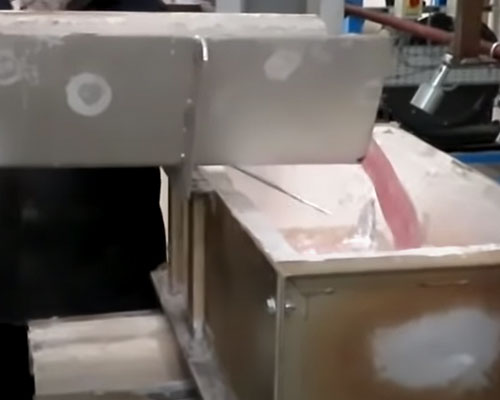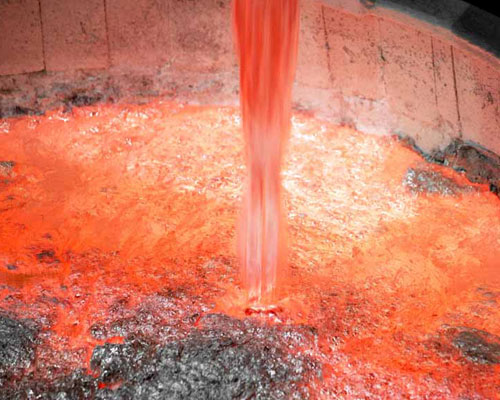Molten aluminum purification technology is one of the focuses of aluminum alloy research. By reducing the gas content and inclusions in the molten aluminum, the purity of the molten aluminum is continuously improved, thereby improving the overall performance of the aluminum alloy. In order to realize the efficient recycling and utilization of scrap aluminum and obtain high-performance recycled aluminum products, the development of molten aluminum purification technology suitable for recycled aluminum is a significant work for improving the quality of aluminum melt.
Molten Aluminum Purification Technology
There are many classification methods for aluminum alloy melt purification technology, among which are mainly classified according to the following three methods: ①According to the processing state: divided into two categories: online and intermittent; ②According to the purification position: divided into furnace purification and furnace Two categories of external purification; ③According to the purification principle: it is divided into two categories: adsorption purification and non-adsorption purification (filtering).

The bubble floatation process is an aluminum melt purification process developed in the 1970s and 1980s, and is mainly used for hydrogen removal. After years of development, a variety of bubble introduction methods have evolved. From the very beginning, a single tube was improved to multiple tubes, and from static injection to dynamic rotary injection, the degassing refining effect became better and better. At present, it is mainly represented by SNIF method, Alpur method, RDU method, MINT method, Heproject method and LARS technology.
The filtration method is a purification method that allows the aluminum alloy melt to pass through a ceramic foam filter or a CFF filter box to separate the solid inclusions suspended in the melt. The main filter media include glass cloth, corundum microporous ceramic tubes, and foam ceramics.
Internationally advanced countries in aluminum processing have developed a large number of advanced aluminum alloy purification treatment technologies. International aluminum giants represented by Alcoa, Rio Tinto Group’s Alcoa, Russia’s United Aluminum Corporation, and Norwegian Hydro Aluminum are in an absolute leadership position in aluminum processing technology and the market.

